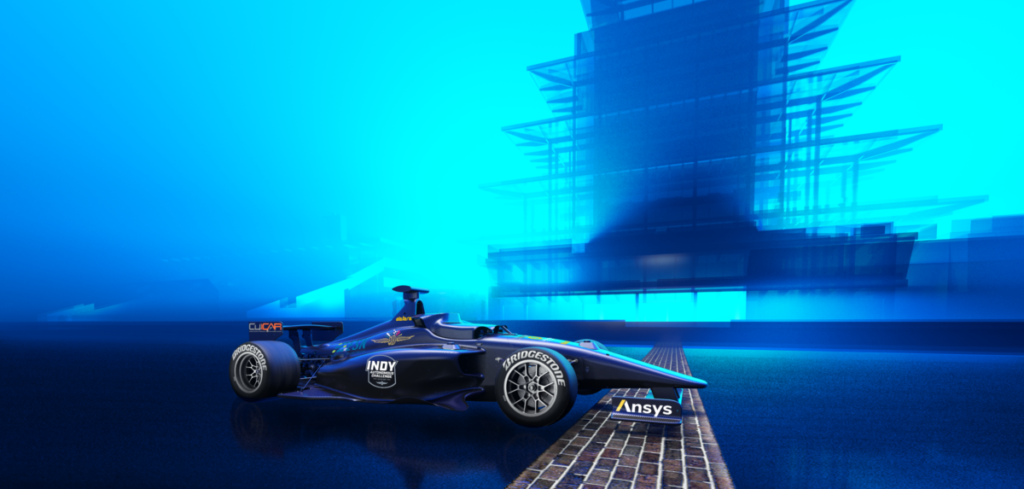On October 23, the Indianapolis Motor Speedway (IMS) in Indiana will host 10 cars competing in a head-to-head race over 20 laps for a first prize award of US$1m. Stepping onto the winners’ platform, for once, won’t be F1 drivers but university teams. Only 10 of them have been selected, among the 30 that started the competition roadmap at the beginning of 2020. But they won’t be the real drivers – the real driver will be AI.
Artificial intelligence, with control software (SW), will be the only force guiding and racing the cars across the 20 laps. Communication with teams in the pit lane will be interrupted after the race starts, when all will be handed to the power of technology.
As surreal as it sounds, the Indy Autonomous Challenge (IAC) is a ‘grand challenge’ similar to the 2004 DARPA Grand Challenge event, its famous ‘grandfather’ competition, which was held in the Nevada desert with early-stage and low-speed autonomous vehicles.
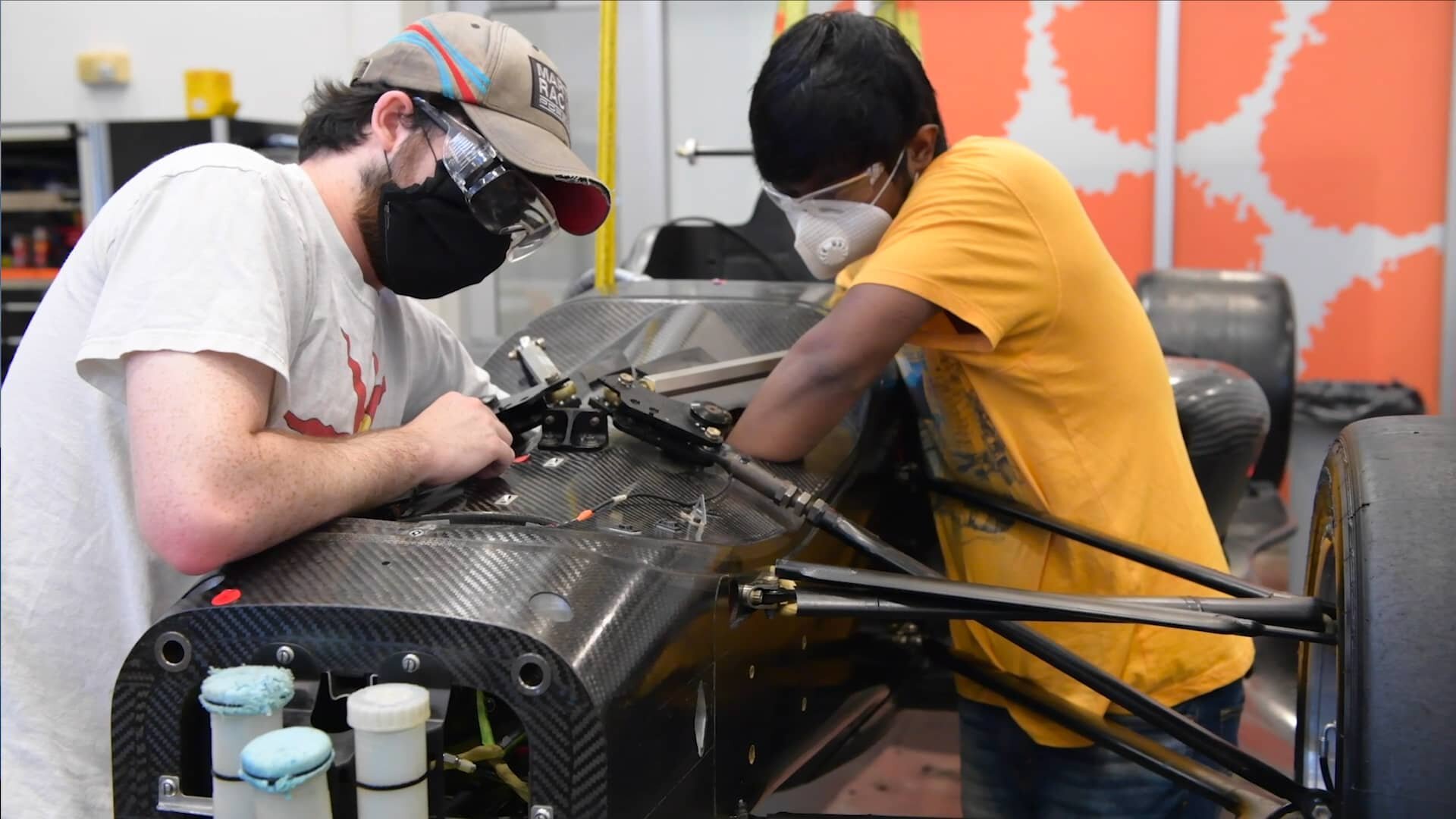 IAC: why?
IAC: why?
Taking a step back in history, the birth of motorsport and in-circuit competitions had the primary impetus of developing edge technology in a safe and controlled environment. The top motorsport competitions we are familiar with today, such as F1, diverge from the main focus of automotive technology, which increasingly concentrates on ICT technology and vehicle automation. Surprisingly enough, a high-end car today has embedded automation and control technology content dramatically superior than that of a F1 car.
The main drive behind the IAC is to increase public awareness of the transformational impact that automation can have on improving vehicle safety and performance, advancing technology which can speed the commercialization of fully autonomous vehicles and deployments of advanced driver-assistance systems.
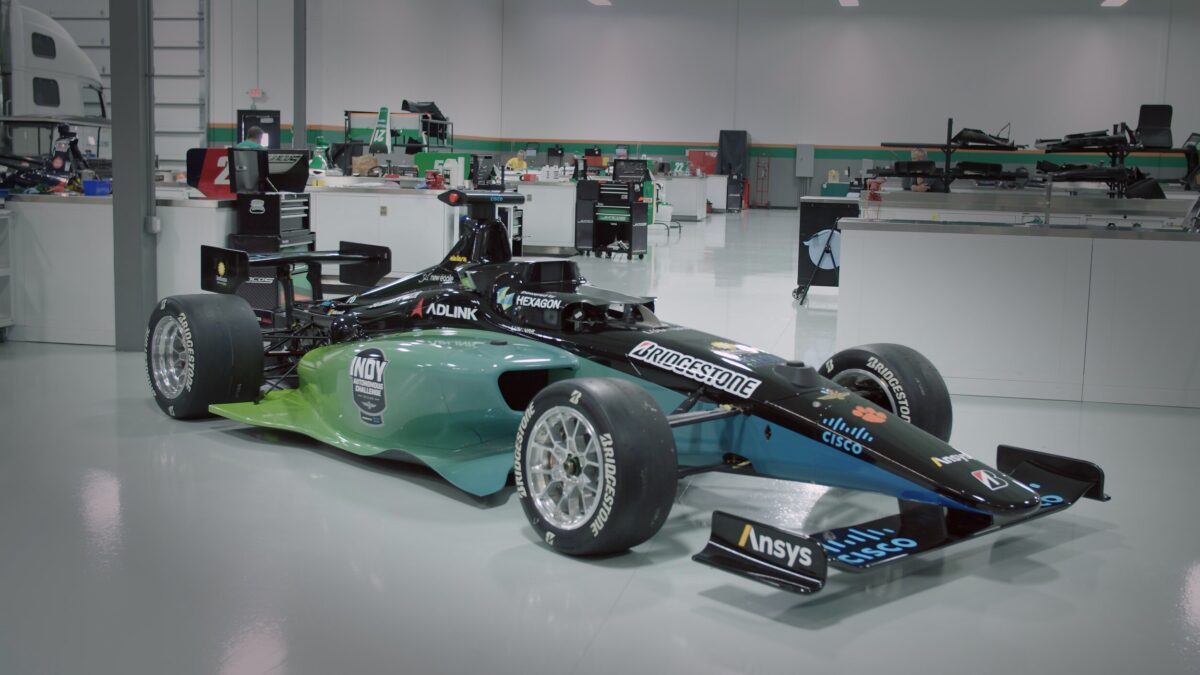 IAC: who?
IAC: who?
Energy Systems Network (ESN) and the Indianapolis Motor Speedway (IMS) are the primary organizers of the Indy Autonomous Challenge, supported by a consortium of public and private partners and sponsors, including Cisco.
The competition is open to university teams, though rather than being a traditional ‘student competition’, it is aimed at engaging top university research groups that work on the edge in the field of autonomous driving.
Following a long and articulated preparation program, 16 of the 30 teams enrolled in the IAC in spring 2020 and have been competing in the ‘simulation race’, which ended the first phase of the challenge. Only 10 teams have been selected to compete in the final race.
The competition is truly international: with six teams from US universities and the other four from Korea (KAIST), Italy (Politecnico di Milano), Germany (Technical University of Munich), and a consortium of four European institutions: the universities of Pisa and Modena and Reggio (Italy); ETH Zurich (Switzerland); and the Polish Academy of Sciences (Warsaw, Poland).
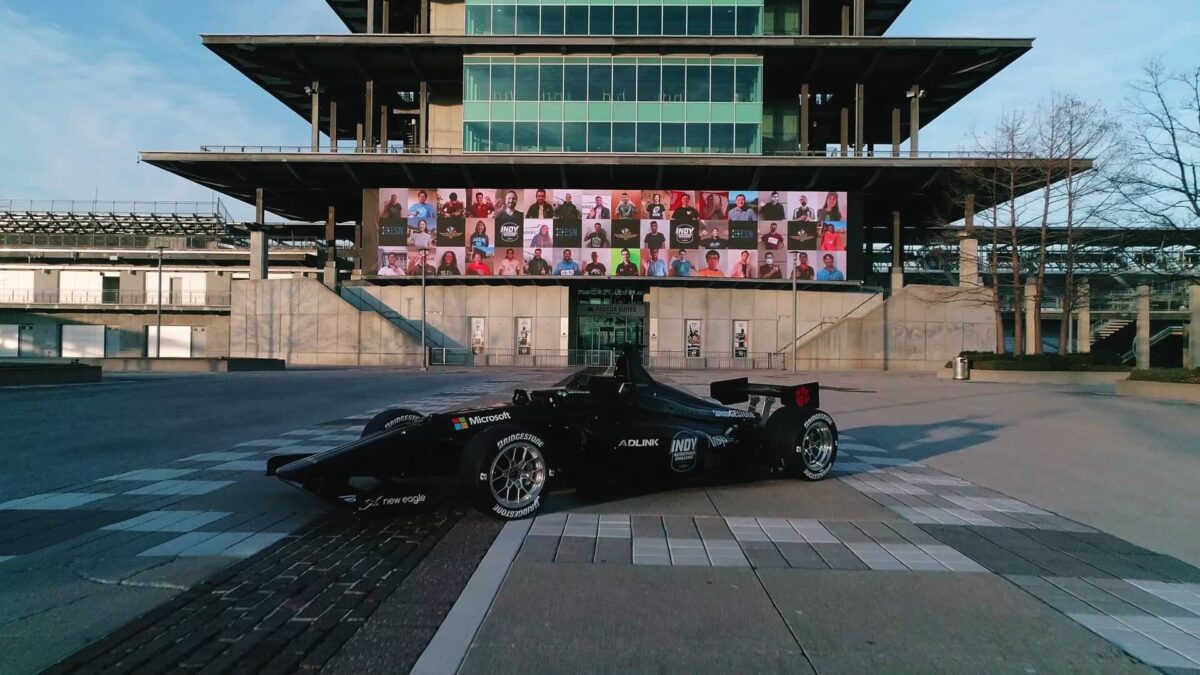 IAC: what?
IAC: what?
The IAC is a race for ‘AI drivers’: the cars are identical, both in mechanical terms (with equivalent chassis, aerodynamics, engine, tires and suspensions) and in sensory/computational ones. The technology focus is wholly on the ‘software’ implementation of the most advanced automation and control logics for autonomous driving. The cars are equipped with a state-of the art sensory package, comprising lidars, radars, high-resolution cameras, multiple RTK-GPS, and inertial measurement units.
The 10 Dallara AV-21 cars are an altered version of the Dallara IL-15 that competes in the North American Indy Lights series. The cars are modified with by-wire actuators which are commanded by the main electronic control unit hosting the ‘AI driver’ control SW.
The ‘AI driver’ must have all the layers of a fully autonomous car: localization, perception, global/optimal planning, local/dynamic planning, trajectory tracking, as well as the safety layers for fault management and fault mitigation.
The competition will be an ultra-challenging setting of multi-agent autonomous driving. All the cars will be running a few centimeters apart, at the limit of the road-tire grip, at very high speed (reaching 300km/h), with ‘soft’ engagement rules (e.g. right of way on the racing line) typical of a motorsport environment, that make the behavior of each AI driver largely unpredictable.
The environment created is representative of highly-complex emergency situations in crowded settings, such as an emergency maneuver in a congested highway with low-grip road conditions.
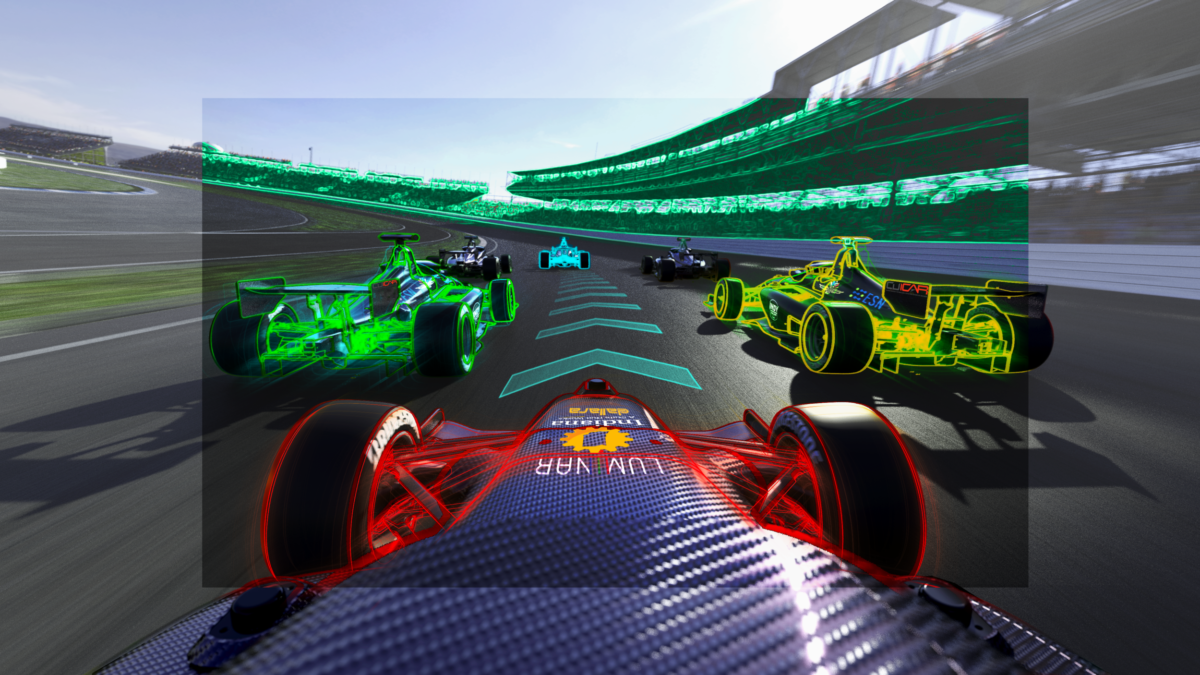 IAC: when?
IAC: when?
Before the final race, on October 23, 2021, a ‘simulation race’ was run with the same rules but in a fully simulated environment, VRxperience, provided by Ansys. The simulation environment is high-fidelity: all the details of the circuit and of the car are accurately simulated, in order to test the AI driver capabilities in an environment resembling the real one, with the added advantage of safety. The thousands of crashes experienced by the cars during simulation have no repair cost other than the SW relaunch.
The teams were requested to deliver the SW of their AI driver at the end of May, and the organizers ran the sim-race during June. The final simulation race was presented on June 30.
The first and second prize, US$1m and US$50,000, respectively, were won by the PoliMove team of Politecnico di Milano, and by the TUM Autonomous Motorsport team of Technische Universität München.
The race was incredibly challenging: only four teams (PoliMove, TUM, Texas University, MIT-PITT) ended the race without crashes or disqualifications.
All eyes are now on the final race – stay tuned.
University Teams Competing in the Indy Autonomous Challenge
There are 10 teams drawn from 21 universities competing in the Indy Autonomous Challenge:
AI Racing Tech – University of Hawai’i, University of California San Diego
Autonomous Tiger Racing – Auburn University
Black & Gold Autonomous Racing – Purdue University, United States Military Academy at West Point
Cavalier Autonomous Racing – University of Virginia
EuroRacing – University of Modena and Reggio Emilia (Italy), University of Pisa (Italy), ETH Zürich (Switzerland), Polish Academy of Sciences (Poland)
IUPUI-IITKGP-USB – Indiana University-Purdue University Indianapolis, Indian Institute of Technology Kharagpur (India), Universidad de San Buenaventura (Colombia)
KAIST – Korea Advanced Institute of Science and Technology (South Korea)
MIT-PITT-RW – Massachusetts Institute of Technology, University of Pittsburgh, Rochester Institute of Technology, University of Waterloo (Canada)
PoliMOVE – Politecnico di Milano (Italy), University of Alabama
TUM Autonomous Motorsport – Technische Universität München (Germany)
